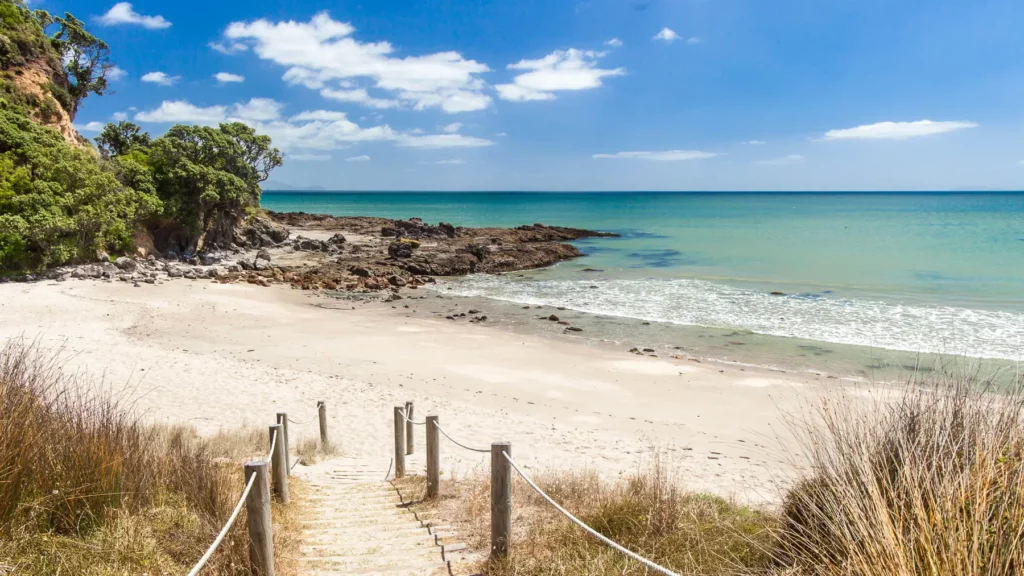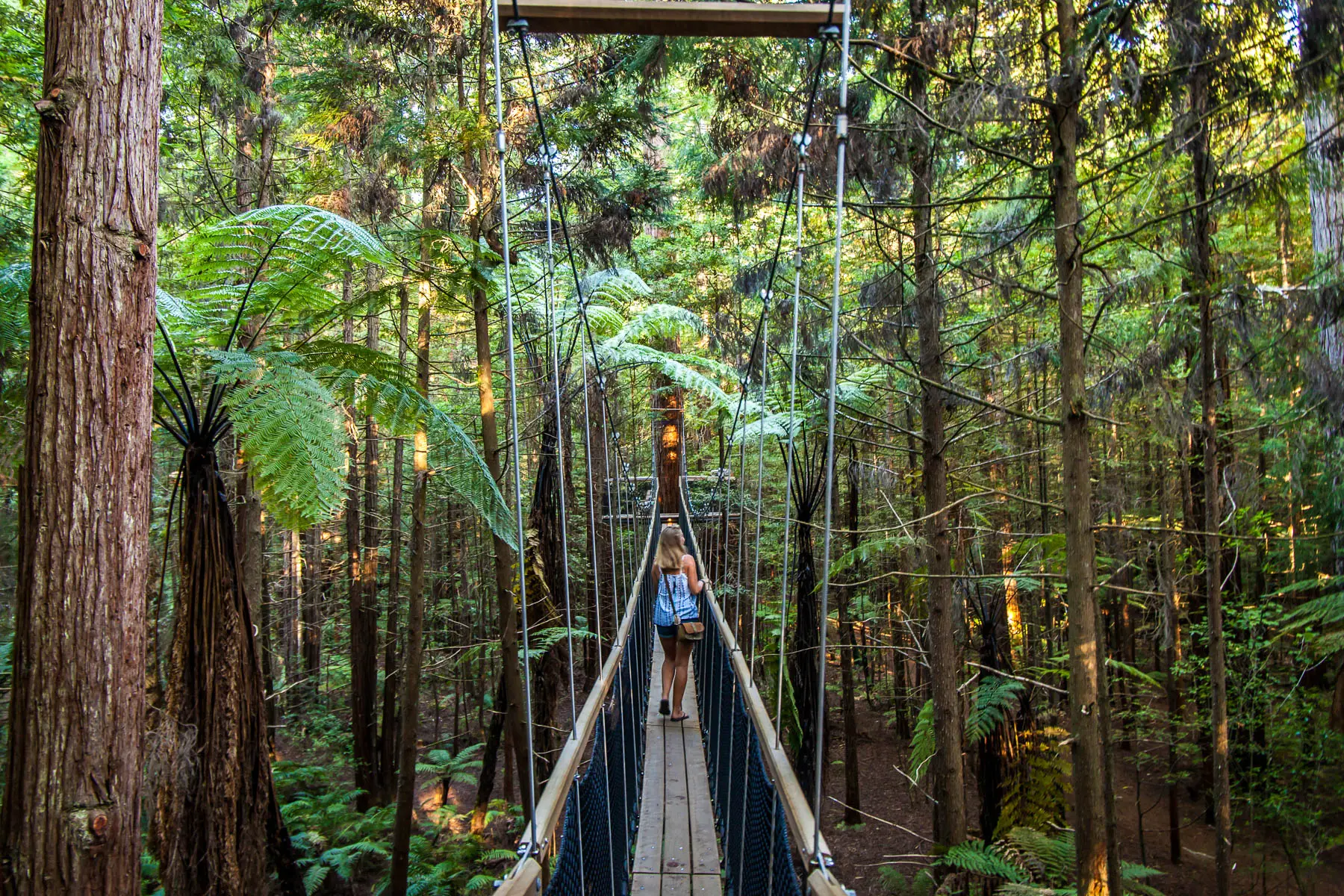Embarking on a journey through the captivating landscapes of Aotearoa is a dream realized for many. New Zealand’s roads unfold against backdrops of sapphire lakes, majestic glaciers, undulating hills, and towering forests, offering surprises at every turn. However, navigating this picturesque terrain from point A to B requires thoughtful planning. While backpacker buses and commuter coaches crisscross the country, their schedules can be tiresome and limiting. With no extensive train network, those seeking to explore every nook and cranny of this incredible country often find that four wheels are a necessity. For most, New Zealand epitomizes the ultimate road trip destination – a place to gather friends, secure a vehicle, and embark on an adventure into the real Middle Earth.
But how does one go about this? Upon returning from my six-month stint living in New Zealand, I found myself frequently confronted with the dreamy-eyed inquiry about the ideal mode of transportation for this journey. The inquirer often harbored romantic notions of vintage VW living, envisioning idyllic scenes of bathing in lakes and preparing basic meals on a camper stove. My response, however, tended to ground them in reality: opt for a car!
“Why?” they would protest incredulously. Isn’t New Zealand the perfect place for a campervan road trip? Now, don’t get me wrong – I appreciate the allure of living in the back of a van. Having traversed the Great Ocean Road in Australia with our trusty Big Berta, complete with a tiny kitchen on wheels for crafting cocktails, I can attest to the charm. Yet, in New Zealand, our preferred mode of exploration was always a car. Let me shed light on why we made this choice.
Cost Considerations
One compelling reason for choosing a car over a campervan in New Zealand is the cost factor. In almost every aspect, from fuel to ferries and one-way fees, hiring a car tends to be more economical than opting for a camper. The surge in camper popularity, coupled with limited availability for specific routes, often results in prices that significantly surpass those of car rentals. Even when factoring in accommodation costs, which may be an additional expense for car travelers, the overall expenditure tends to favor car rentals. Hitch was our go-to choice for affordability, but for the best value and a suitable car, a search on Discover New Zealand Car Hire is advisable.
Access to Hidden Gems
The roads less traveled in New Zealand can pose challenges, and some are not camper-friendly. Venturing into lesser-visited spots may involve roads designed for tractors or 4WD vehicles, unsuitable for a cumbersome campervan. Our journey to Castlepoint, a personal favorite destination, underscored the importance of maneuverability. The narrow lanes and challenging terrain were navigable with a nimble car but would have presented difficulties with a larger camper. Exploring off-the-beaten-path locations, such as Whangamomona and the Forgotten Highway, is more feasible with a car.
Accommodation and Social Dynamics
While camping with a tent and car may seem like an attractive option, we found it challenging to connect with fellow travelers during these instances. Campsites and camper communities often operated independently, leading to a more isolated experience. Although accommodation costs in New Zealand can be steep, affordable backpackers (hostels) provide opportunities to meet like-minded individuals. Given the extended duration of many New Zealand road trips, there’s a likelihood of wanting to network and make friends. This is more attainable in hostels, where interactions with fellow travelers and locals in city bars are facilitated – an aspect that might be lacking in remote camper sites.
Challenging Driving Conditions
New Zealand’s roads, as alluded to earlier, are not always straightforward. Steep drops, narrow one-way streets, and unpredictable routes can be daunting for drivers. Witnessing larger campervans encountering difficulties on such roads reinforced our conviction that a car was the wiser choice. While confident drivers may navigate larger campervans successfully, the focus on enjoying the scenery and ambiance is often overshadowed by the stress of handling challenging driving conditions. For those with concerns but a desire for a camper experience, smaller, converted-style vans may be a more manageable option.
Freedom Camping Considerations
The allure of parking anywhere and setting up camp is tempered by the reality of freedom camping regulations in New Zealand. While freedom camping is an option in certain places, restrictions apply, and urban settings pose additional challenges. Only self-contained campervans, equipped with a toilet, are permitted for wild camping. Campers without onboard toilets must adhere to campsite or holiday park regulations. Campsites, albeit with limited facilities, are more budget-friendly, whereas holiday parks may incur higher costs. Our transition from camping with a tent to parking the car was driven by the realization that the cost difference was not substantial compared to hostel stays.
Urban Convenience and Nightlife
Finding inner-city parking spots for campervans can be challenging, potentially limiting access to evening events and nightlife. Cities like Queenstown, Wellington, and Auckland, hubs of traveler activity and local nightlife, may be less accessible with a campervan. Having a car allows for convenient parking within the city, enabling a relaxed evening without concerns about expensive taxis or the need to secure a campsite in advance.
Carpooling Opportunities
One of the perks of traveling by car is the ability to fill spare seats and share costs. Numerous Facebook groups and backpacker forums facilitate finding travel companions heading in the same direction. Carpooling not only eases the financial burden but also fosters camaraderie with fellow travelers. Hostel stays often present opportunities to find travel companions spontaneously, adding an element of shared adventure.
Weather Considerations
Contrary to assumptions about New Zealand’s proximity to Australia translating to relatively warm weather, the reality can be different, especially in winter. Visiting during the off-season for lower prices may lead travelers to prefer the warmth of a hotel or hostel over a camper, particularly in the colder southern regions. While some may brave the chill with layered clothing, others may find solace in a heated room or a cozy pub, enjoying a glass of Hawke’s Bay red. The option of driving a car, parking comfortably, and staying warm becomes an appealing alternative.
Consideration for Locals and Traffic
The influx of campervans, sometimes driven recklessly, has led to traffic disruptions and congestion. The relatively small size of New Zealand, coupled with the surge in camper traffic, can result in delays, especially around cities. The reputation of freedom campers has suffered in recent years due to some individuals disregarding laws and rules. Travelers opting for this route are urged to adhere to regulations, leave no trace, and respect the pristine environment to maintain the welcoming nature of the Kiwis.
In conclusion, while the allure of a campervan road trip in New Zealand is undeniable, the practical considerations favoring a car rental are compelling. From cost-effectiveness and access to hidden gems to accommodation dynamics, challenging driving conditions, and urban convenience, the advantages of a car become apparent. Factor in the weather, carpooling opportunities, and considerations for locals, and the choice becomes a nuanced decision based on individual preferences and priorities. New Zealand’s breathtaking landscapes await exploration, and whether in a car or campervan, the journey promises unforgettable experiences amidst the natural wonders of Aotearoa.






